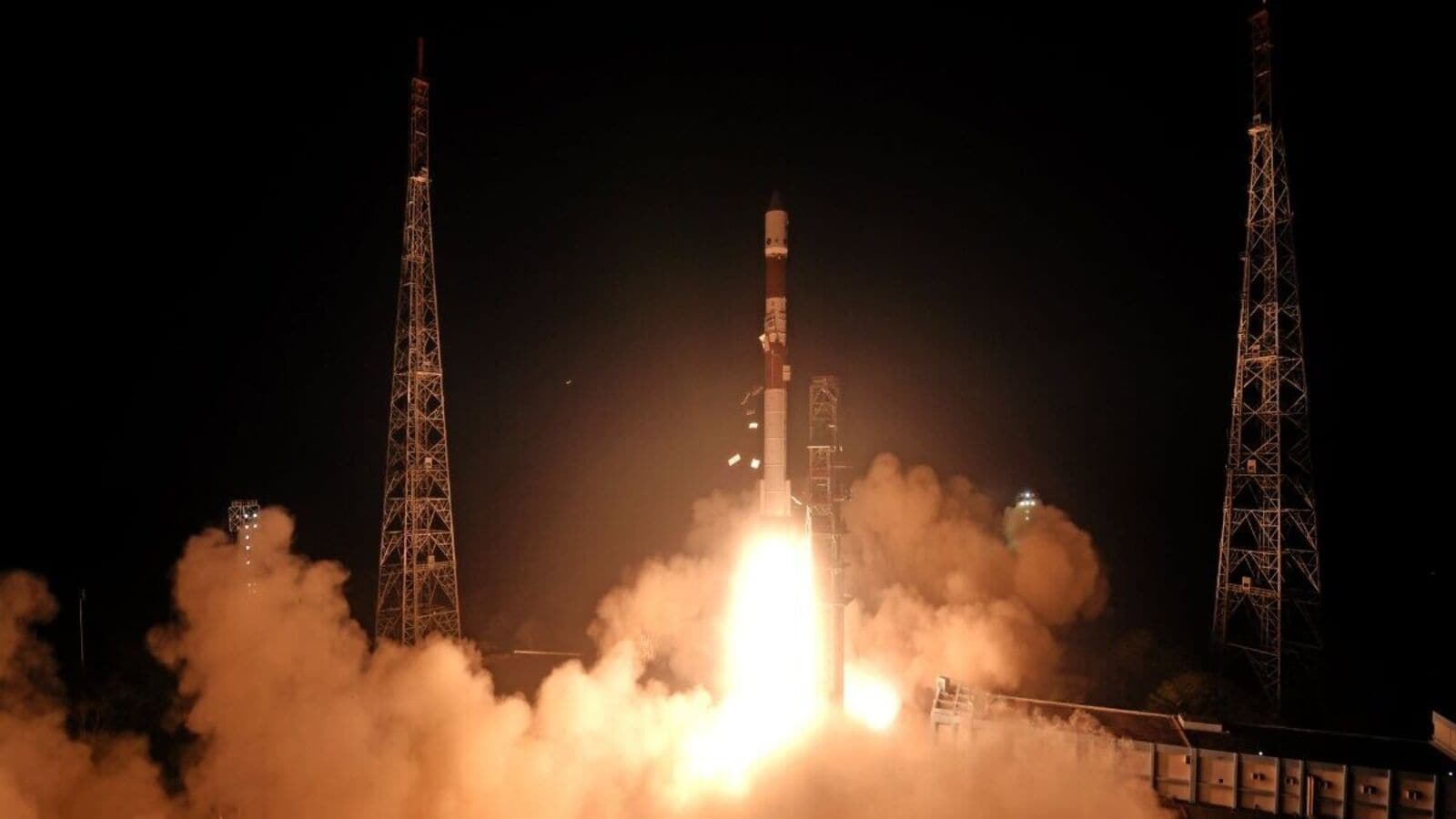SPACEX HARMONY TRIAL POSTPONED: INDIA'S ISRO SET TO GENERATE VALUABLE DATA

New Delhi: India's space agency, ISRO, has delayed its groundbreaking first attempt to dock two small experimental satellites, raising questions over the country's ambitions in the competitive world of space exploration. The trial run, which was expected to culminate in a physical docking maneuver between the two satellites, will instead generate vital data for future missions.
On December 30, ISRO launched the SDX01 'Chaser' and SDX02 'Target' satellites aboard its Polar Satellite Launch Vehicle (PSLV) rocket. The mission, aimed at advancing India's capabilities in space exploration, was scheduled to include a space docking experiment (Spadex) on January 7.
However, officials aborted the first docking attempt due to technical issues. A second docking move, initially slated for January 9, has also been postponed without a clear explanation.
Despite the setback, experts believe that ISRO's slow approach is necessary to ensure success in its missions. "Isro is adopting a cautious approach to avoid mission failures," said Narayan Prasad Nagendra, chief operations officer at Dutch space services firm Satsearch. "However, the ability to execute the Spadex mission successfully will be crucial for India's future manned missions."
A successful docking maneuver would also grant ISRO a seat on the table of global space powers, including the US, Russia, and China, which are vying for dominance in outer space.
The stakes are high, with the threat of satellite interception being a major concern. "Building proprietary space docking interfaces is essential to ensure national security," Nagendra said, adding that such attempts made by foreign satellites on Indian spacecraft would be considered acts of war.
Meanwhile, ISRO is investing heavily in developing its own space docking technology instead of licensing existing ones from other countries.
Sources close to the matter paint a mixed picture about ISRO's chances. "Isro has immense public pressure to deliver success," said Chaitanya Giri, space fellow at global policy think-tank Observer Research Foundation. "But with careful planning and consideration of budget constraints, ISRO is likely being cautious in assessing its next steps."
The world is watching India's efforts closely, with ISRO firmly establishing itself as a force to be reckoned with in the competitive world of space exploration.
READ MORE:
- Isro will need new tech to put humans on the moon
- Can Jeff Bezos match Elon Musk in space?
- Isro mission for Europe shows commercial progress, but much left to do: Experts
